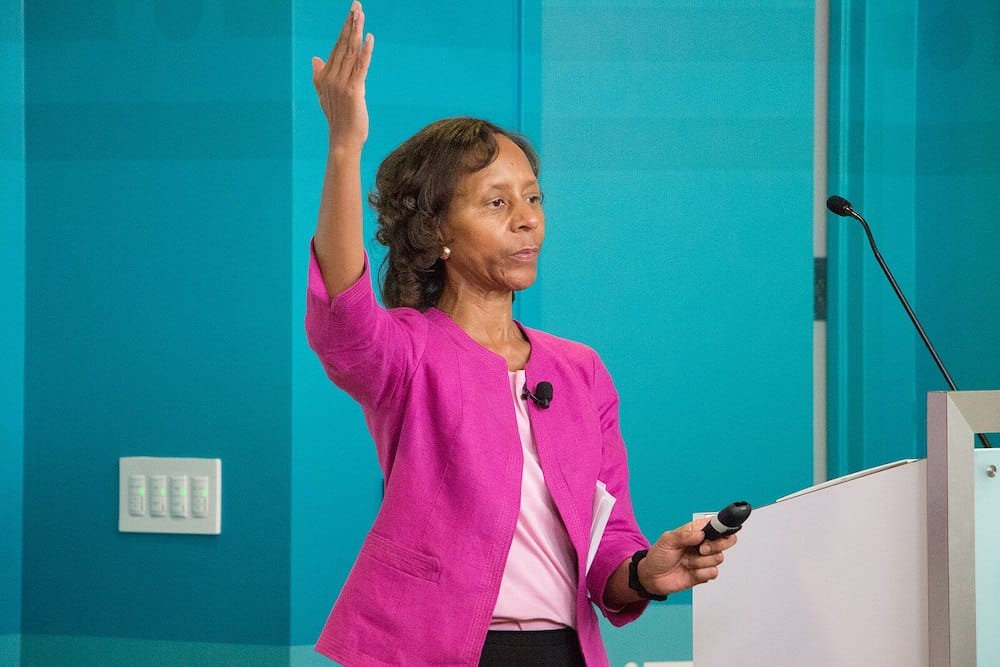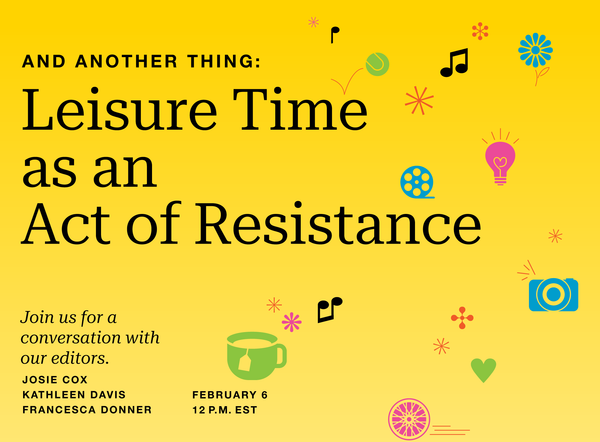Five Tech Pioneers Who Should Be As Famous as Zuckerberg and Bezos
These five women should be as famous—and well off—as Silicon Valley's finest.

Tech was never considered to be a women’s world, but that doesn’t mean women weren’t in it. On the contrary, women were, and are, doing major pioneering work, but for the most part, their names, like Stephanie “Steve” Shirley, who recently passed away, are not well known. Here are five to remember.
Sister Mary Kenneth Keller—made computer programming accessible
Sister Mary Kenneth Keller, was a Roman Catholic nun who, in 1965, became the first American woman to earn a Ph.D. in computer science. Born in 1913 in Ohio, she joined the Sisters of Charity of the Blessed Virgin Mary and became a nun in 1940 before pursuing a career in academia. At Clarke College in Iowa, she founded and led the computer science department for 18 years, during which time she promoted access to technology by introducing evening programming classes and consulting with local schools, hospitals, and businesses. She was deeply committed to making computing inclusive, encouraging student-parents to bring children to class and ensuring access to childcare. She died in January 1985.
Karen Spärck Jones—laid the groundwork for search engines
Karen Spärck Jones born in 1935, in Huddersfield, England, was a British computer scientist who conducted groundbreaking research in natural language processing (NLP). She changed the way computers process human language and, in doing so, her technology laid the foundation for what would eventually become search engines like Google. She famously quipped: “Computing is too important to be left to men.” She died in 2007.
Radia Perlman—the 'mother of the internet'
Radia Perlman, born in 1952 in Portsmouth, Virginia, is sometimes nicknamed the “Mother of the Internet.” She invented the algorithm behind the so-called the Spanning Tree Protocol (STP), a system that allows Ethernet networks to scale efficiently and to avoid data loops. In other words, it’s thanks to Radia that we have large, reliable computer networks.
Evelyn Boyd Granville—analyzed satellite orbits
Evelyn Boyd Granville, born in Washington D.C. 1924, was the second African American woman to earn a Ph.D. in mathematics. Working first at IBM and then NASA, she designed computer software that helped analyze satellite orbits for the Project Mercury missions. In 1962, she worked on NASA’s Apollo program. Later in life Evelyn turned to education—teaching computer programming at California State University, co-authoring a textbook, and championing math outreach projects for elementary students. Even in retirement, Evelyn remained a powerful advocate for STEM, traveling across the U.S. to promote math education. She died in 2023.
Marian Croak—laid the foundation for video conferencing
Marian Croak, born in 1955, is an African American engineer and inventor who pioneered the technology used to convert voice data into digital signals that can be easily transmitted over the internet. In other words Skype, Zoom and similar platforms all exist because of the work Croak did. She also has more than 200 patents to her name, and has worked on racial justice efforts at Google.
Who else should we add to this list? Tell us at hello@thepersistent.com.





